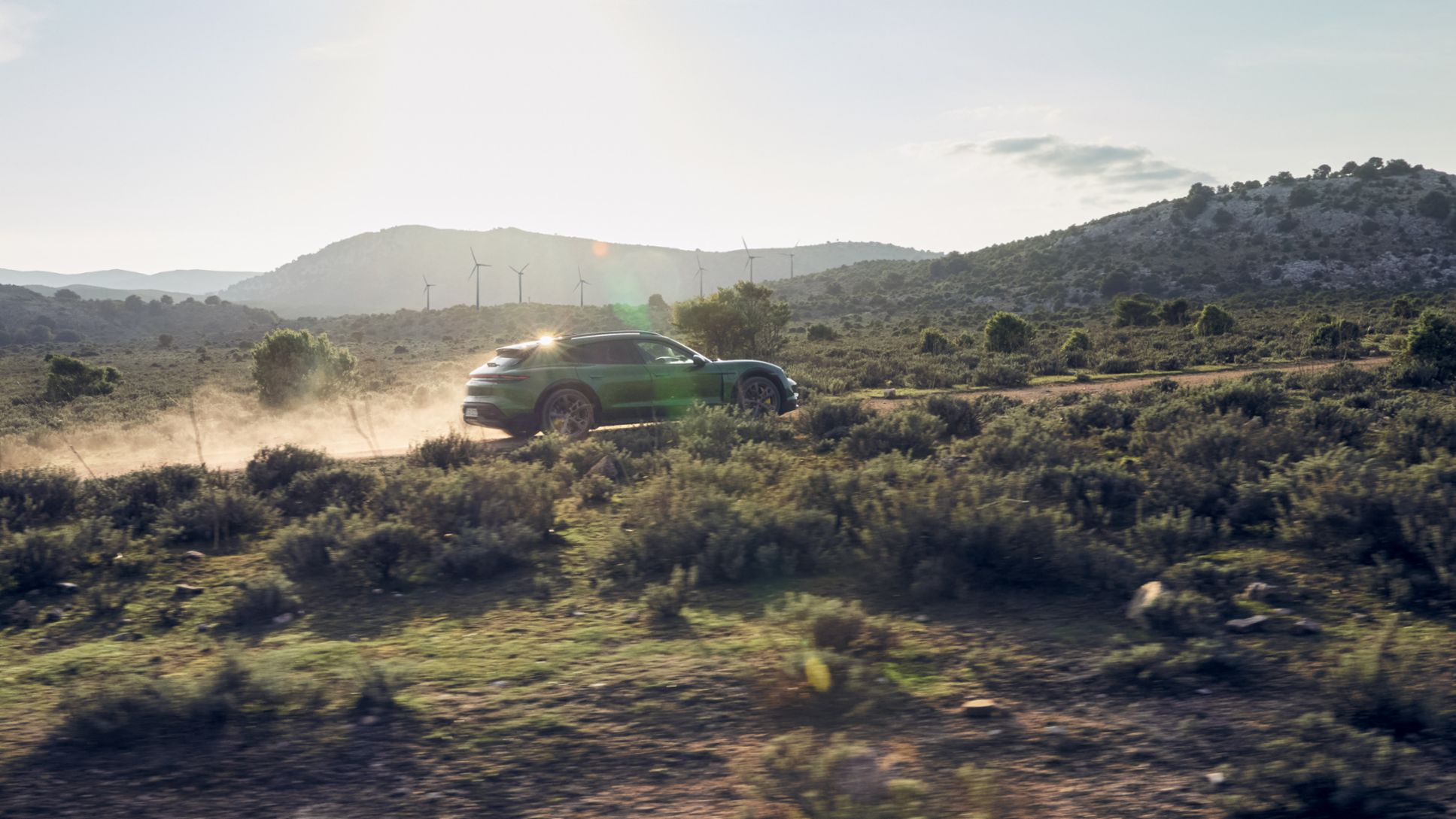A year on, the sports car manufacturer is seeing positive results: its suppliers selected for new vehicle projects have committed to switching their production to certified green power and are working with Porsche to reduce CO2 emissions in the supply chain.
“We are implementing our clear sustainability strategy in procurement together with our direct suppliers,” says Barbara Frenkel, Member of the Executive Board for Procurement at Porsche AG. Porsche is working towards making its value chain net carbon-neutral in 2030. This includes a net carbon-neutral use phase for future BEV models. In doing so, the sports car manufacturer is not only demonstrating its commitment to the Paris Climate Agreement, but is also setting standards in the German automotive industry.

"Procurement is a team sport. We can only achieve our ambitious goals together with our suppliers. We are transforming out of conviction, acting quickly and not waiting for lawmakers to define specifications. The green power requirement for our suppliers is a great example of this. With the use of electricity from renewable energy sources, our partners are supporting our ambition to achieve carbon neutrality,”says Frenkel.
The green power requirement is just one of many measures taken by Porsche to achieve sustainability in the supply chain. The sports car manufacturer alsouses creative approaches such as sustainability dialogues – an open exchange of ideas with suppliers that leads to knowledge sharing and joint goals.

